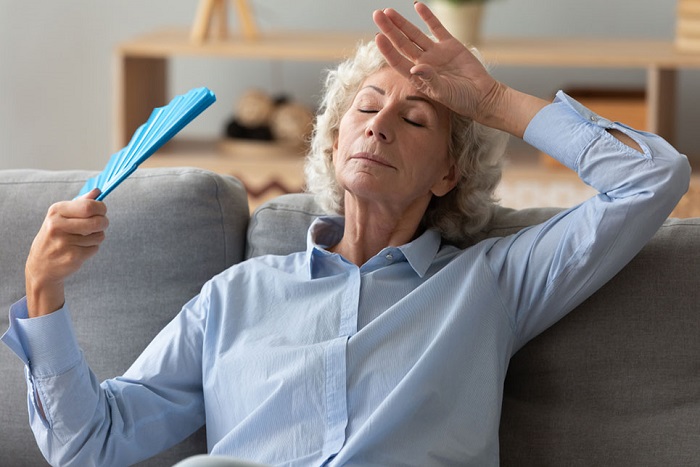
As temperatures rise during the summer months, it is crucial to be aware of the potential dangers that hot weather poses, particularly for older adults. Seniors are more vulnerable to heat-related illnesses due to age-related physiological changes and underlying health conditions. This article aims to shed light on the risks associated with hot weather for older adults and provide essential safety tips to help seniors stay safe, healthy, and comfortable during the heat.
Understanding the Dangers
Heat Exhaustion and Heatstroke
Older adults are more susceptible to heat exhaustion and heatstroke, as their bodies have a reduced ability to regulate temperature. Heat exhaustion symptoms include heavy sweating, weakness, dizziness, nausea, and headaches. If left untreated, it can progress to heatstroke, a life-threatening condition characterized by high body temperature, confusion, rapid heartbeat, and even loss of consciousness.
Dehydration
Seniors are prone to dehydration due to decreased thirst perception and kidney function. Dehydration can lead to a range of health issues, including urinary tract infections, kidney problems, and cognitive impairment.
Medication Interactions
Certain medications commonly taken by older adults, such as diuretics, blood pressure medications, and sedatives, can impair the body’s ability to regulate temperature or increase susceptibility to dehydration. This makes seniors more vulnerable to heat-related illnesses.
Existing Health Conditions
Chronic health conditions like cardiovascular diseases, diabetes, and respiratory disorders can worsen during hot weather, leading to increased health risks for older adults.
Safety Tips
Stay Hydrated
Drink plenty of fluids, even if you don’t feel thirsty. Water is the best choice, but you can also have hydrating foods like fruits and vegetables. Limit or avoid caffeine and alcohol, as they can contribute to dehydration.
Dress Appropriately
Wear lightweight, loose-fitting, and light-colored clothing that allows air circulation. Opt for breathable fabrics such as cotton or moisture-wicking materials to help keep the body cool.
Seek Shade and Air Conditioning
When the temperature soars, it is advisable for older adults to spend time in air-conditioned environments, such as shopping malls, community centers, or libraries. If air conditioning is unavailable, create a cool space at home using fans or consider spending time in public spaces with air conditioning.
Time Activities Wisely
Plan outdoor activities during cooler parts of the day, like early morning or late evening. Avoid going out during peak heat hours, typically between 10 am and 4 pm.
Stay Cool at Home
Create a comfortable living environment by using fans, keeping curtains or blinds closed during the hottest hours, and using air conditioning if available. Take cool showers or use damp towels on the neck and wrists to help cool down.
Check on Neighbors and Loved Ones
Encourage a sense of community and ensure the well-being of older adults by regularly checking on them, especially those living alone. Offer assistance and support during hot weather.
Modify Exercise Routines
Consider exercising indoors or choosing low-intensity activities during hot weather. Water-based exercises or swimming can provide a refreshing and safe option for staying active.
Be Mindful of Medications
Consult healthcare professionals about medications and their potential interactions with hot weather. They can provide guidance on adjustments or alternative options to minimize risks.
Hot weather can be particularly hazardous for older adults, but by taking precautionary measures and following safety tips, the risks can be minimized. Staying hydrated, seeking shade, maintaining a cool living environment, and being mindful of existing health conditions and medications are crucial steps in ensuring the safety and well-being of older adults during hot weather.
Related Articles & Free Vermont Maturity Magazine Subscription

5 Steps to Properly Manage Blood Pressure
6 Benefits of Volunteering as an Older Adult





Comment here